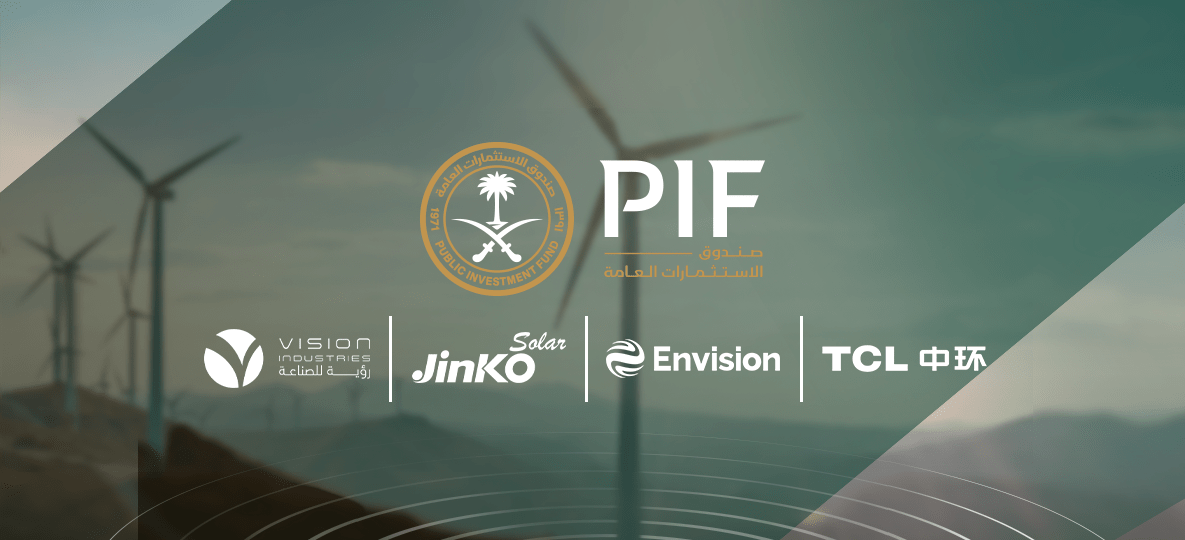- “PIF has provided a great impetus to the private sector,” says CEO of family-owned Alturki Holding
- The Fund aims to grow the share of local content spend in its company portfolio to 60% by the end of 2025
- Arabian Drilling turned to OVCG to analyze and enhance its operations
Whether driving on refurbished roads or gaining access to innovative healthcare, Saudi citizens have Alturki Holding to thank for its role in advancing the country. By taking a leading role across numerous industries, the company has played a crucial role in the development of Saudi Arabia since launching more than 40 years ago.
The family-owned investment and development business focuses on construction, infrastructure and industrial sectors in MENA region, and specifically Saudi Arabia. Consequently, it has participated in almost every major project in the country.
Its diverse subsidiaries range from Saudi Readymix, the country’s leading producer and supplier of concrete, to healthcare technology provider Inma, security solutions supplier Tahreez, and car rental company Samara.
“Our core purpose is to contribute to the sustainable, comprehensive development of Saudi Arabia,” Rami Khalid Alturki, CEO of Alturki Holding, told PIF Global Insights.
Alturki Holding’s success in building such a varied portfolio of businesses can, in part, be attributed to partnering with global and local partners – many of which have become leaders in their specialized fields.
Alturki cites PIF‘s support as pivotal in helping to expand Alturki Holding companies. Nesma & Partners, for example – a partnership between Alturki Holding, Nesma Contracting Limited, Rawabi Holding and now PIF – is the country’s leading contracting company.
Earlier this year, Nesma & Partners was one of four leading domestic construction businesses chosen by PIF as part of a $1.3 billion investment by way of subscribing to new shares as part of the capital increase. The companies’ partnerships with PIF contribute to improving local supply chains for current and future projects in Saudi Arabia, further developing the construction ecosystem.
Nesma & Partners is working on a variety of infrastructure projects, including PIF giga-project NEOM, and Avenues-Riyadh Mall, which covers 390,000 square meters. Alturki believes PIF’s investment will further support the regional and international expansion of the company’s operations.
“We are extremely proud and privileged that PIF has elected to invest and partner with us to grow this company further as a national hero, but also to go global and expand our capabilities. It will also help us to attract top talent, locally and globally,” said Alturki.
“PIF has provided a great impetus to the private sector. It is really catalyzing the whole economy. Through its various investments and its companies, it is enhancing the competitive landscape, which makes it really exciting.”
Alturki notes the tools and infrastructure support offered by PIF that are enhancing the private sector’s capabilities and helping to grow the Saudi economy. These mechanisms build on the opportunities created by PIF last year, which include contracts with the private sector that amounted to SAR 184 billion.
Other PIF initiatives further support the private sector. The Local Content Growth Program, “MUSAHAMA”, aims to grow the share of local content spend in PIF’s company portfolio to 60% by the end of 2025. PIF’s Suppliers Development Program also aids the growth and upskilling of local suppliers and vendors to meet the increasing requirements of PIF’s portfolio companies, while PIF’s Private Sector Hub provides private sector companies with a clear link to supplier and investment opportunities provided by PIF and its portfolio companies.
These initiatives reflect PIF’s role in driving Vision 2030, Saudi Arabia’s economic reform plan, and the Fund’s alignment with the private sector as well as its role in spurring the sustainable development of the nation.
“The private sector has to create jobs and is the best engine for [driving] jobs,” said Alturki. “That’s going to create security and prosperity in the country.”





